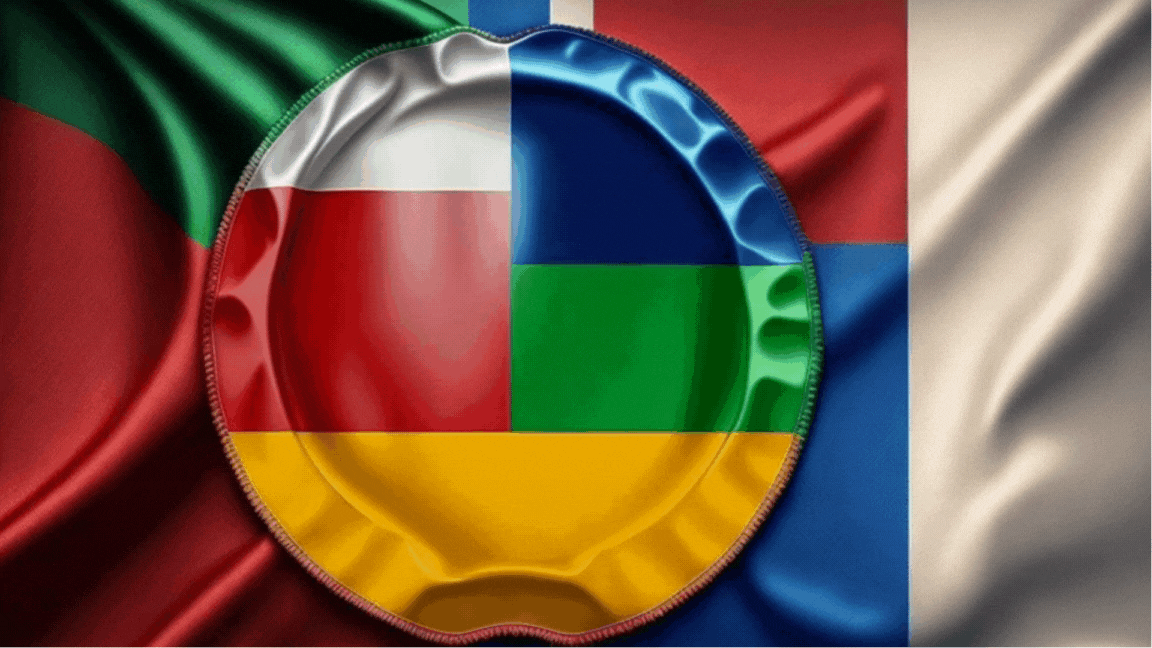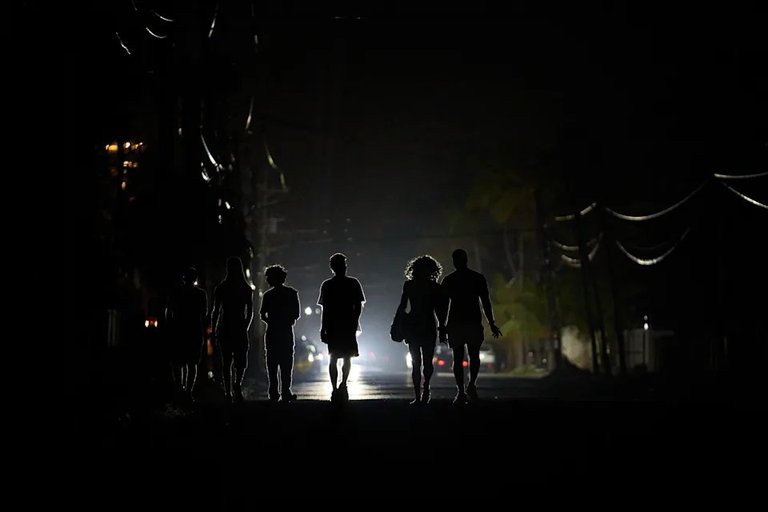The Latin American Report # 526

The publication this past Monday of a national security memorandum dedicated to Cuba embodies the reason why, when I address the Cuban issue, I do so not out of the convenience of being Cuban and living in Cuba, but because the relationship between the United States and the island—much to the detriment of those of us who live here—is undoubtedly sui generis. Not every country receives the “blessing” of having the White House issue a special memorandum about it; Trump has already issued four measures battling Cuba (see here and here). One of his first decisions upon returning to 1600 Pennsylvania Avenue was to halt the timid steps that a Cuban government—incoherent and tactically clumsy— had poorly coordinated with a U.S. administration drifting into twilight, like that of Joe Biden (i.e., the initial process to remove Cuba from the list of State Sponsors of Terrorism).
The former Democratic president was as cruel in his approach toward this crocodile-shaped piece of land as Trump, essentially leaving intact the “maximum pressure” policy inherited from the Republican leader at a time when the COVID-19 pandemic was ravaging and killing Cubans in droves. After the massive protests of July 11, 2021— the greatest sociopolitical challenge faced by the Cuban revolutionary process—the U.S. political elite wagered that Caribbean socialism would finally collapse, fulfilling the prophecy left in 1960 by Lester Mallory, a sinister mid-ranking official from Foggy Bottom.
That didn't happen. But what did happen is that life in Cuba has deteriorated to levels unimaginable just a few years ago— extraordinarily critical. In my previous report, I had predicted that the Trump administration wouldn't loosen, but rather tighten its grip. Little did I know that they were likely publishing NSPM-5, a reissue and amendment of the same memorandum that the MAGA tribe chief had introduced against Cuba during his first term.
I comment below on its main measures:
End economic practices that disproportionately benefit the Cuban government or its military, intelligence, or security agencies or personnel at the expense of the Cuban people.
For many years now, the Cuban Armed Forces have intervened in the national economy, controlling vast and, in fact, the most profitable sectors — tourism, financial services, domestic and foreign trade, remittances, export of professional services, among others. However, this is a sovereign decision, and what matters most is whether they fulfill the social mandate they’ve been entrusted with. Yet, it is also true that the United States has every right to decide who it trades with, but it should have already learned—and I believe it has known for a long time—that the ones who suffer the most here are the ordinary people.
Ensure adherence to the statutory ban on tourism to Cuba.
Cuba is the only country in the world where U.S. tourism is prohibited by law. There are twelve general licenses under the CACR that allow legal travel to Cuba, but the regulatory discouragement of even this small window is enormous. For example, the Trump administration has now reinstated burdens that Obama had substantially relaxed, such as the requirement to keep detailed records of travelers’ transactions for five years, and the push to conduct more audits to ensure that trips comply with U.S. interests.
Support the economic embargo of Cuba described in section 4(7) of the Cuban Liberty and Democratic Solidarity (LIBERTAD) Act of 1996.
The broadest worldwide. The reach of these comprehensive and targeted sanctions is so vast that it surpasses any other sanctions program, even exceeding the consequences of the senseless designation of Cuba as a State Sponsor of Terrorism. Trump does all this while also ordering a review of Syria’s designation.
Amplify efforts to support the Cuban people through the expansion of internet services, free press, free enterprise, free association, and lawful travel.
This, for the most part, is channeled through democracy support programs—according to Washington’s rationale—materializing in the growth of so-called independent media outlets that are, in practice, dependent on funding from USAID, NED, and Marco Rubio’s State Department. Rubio, by the way, celebrated the publication of the memorandum and was likely one of its architects. It’s worth noting that, even amid the general budget cuts promoted by Trump, his administration has kept Radio and TV Martí operations going, and with this memorandum, is backing strong, at least in general terms—I need to see the final CBJ numbers—, the USAID and State Department’s democracy programs. There is also a new task force to bring more (illegal) Internet to Cuba.
All of this tells us that there is a strong bet that by increasing pressure—rather than maintaining inertia, as Biden did—something might finally happen in Cuba, a country where there is currently no light at the end of the tunnel. That glimmer might be found in the assessment of undiscovered conventional oil and gas resources in the north Cuba Area, but not. Cuba is one of the very few countries where regime change remains official U.S. policy. Trump and Rubio claim to be on the side of the Cuban people, yet they stand in front of them, landing blows far more devastating than those their government could throw at them through poor statecraft.
 Source
Source